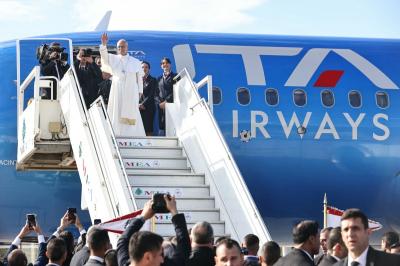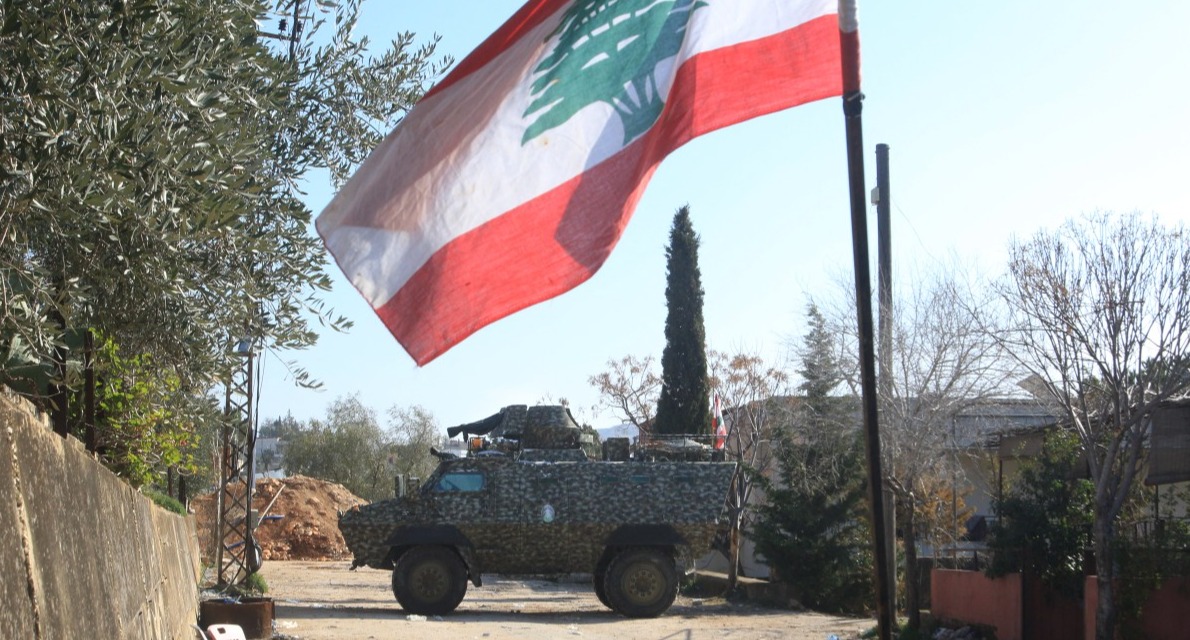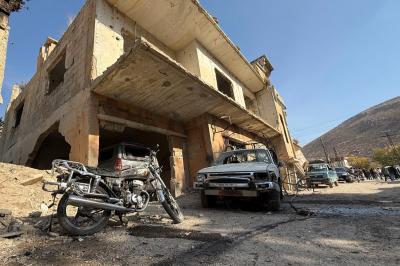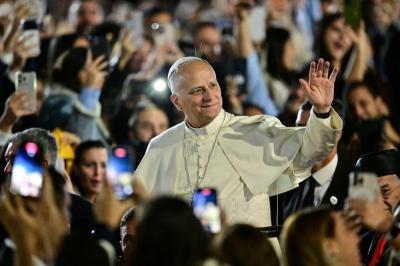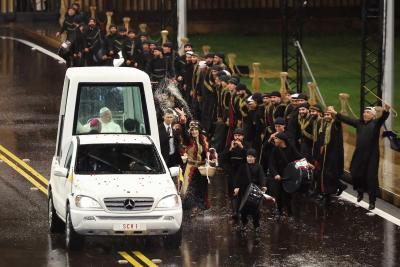When [Maronite] Patriarch Bechara al-Rahi first called for Lebanon’s neutrality in his summer residence sermon on July 5, 2020, and later outlined it in the “Memorandum of Lebanon and Active Neutrality” on August 17, 2020, political and media reactions varied from supportive to hesitant, cautious, or outright hostile. The most extreme opponents went as far as to attack him personally, accuse him of betrayal, and question his patriotism.
Yet, over the past five years, the Patriarch has remained steadfast in advocating for the merits of neutrality as a means to rescue Lebanon from the dangers of ongoing regional conflicts — around it, upon it, and within it. His call aligns with the foundational philosophy of Lebanon’s establishment as a neutral entity positioned between East and West since the declaration of Greater Lebanon in 1920, the independence government’s statement in 1943, and the famous National Pact.
The fiercest rejection of neutrality came from “Hezbollah” and those orbiting the so-called “Axis of Resistance,” particularly amid their push for “unity of the fronts” — a slogan that, in practice, meant loosening Lebanon’s borders and tying its fate to regional battlegrounds. However, in recent weeks, these voices have grown quieter, almost silent, for two main reasons:
First, the devastating consequences of Hezbollah’s proxy warfare in support of the Axis and its ongoing, painful repercussions.
Second, the forceful endorsement by President Joseph Aoun in his inaugural address of “positive neutrality.”
While his speech’s emphasis on restricting arms to the state drew much of the media and political spotlight, the concept of Lebanon’s neutrality — whether described as active, positive, or effective — remains a foundational and existential issue. It must be institutionalized for the benefit of the state as a whole and its sects individually, in order to transform Lebanon into a stable nation removed from regional conflicts that have cost it dearly for over half a century.
It is now widely understood that Lebanese neutrality does not mean abandoning the country’s strong commitment to Arab and international legitimacy, its adherence to related charters, or its support for just causes and the rights of peoples to freedom and peace.
In light of recent developments, prolonged wars, and the resulting social, humanitarian, and economic tragedies — which have disproportionately affected the Shiite community under the catastrophic slogan of “unity of the fronts” — opposition to neutrality is all but vanishing. In fact, discussions about neutrality are now quietly taking root within that very environment, with many seeing it as a potential path to salvation — for the Shiite community perhaps more than any other.
It’s true that renewed calls for neutrality have largely come from Christian spiritual, political, social, economic, and cultural figures. But these calls have also found resonance among other sects. The Sunni and Druze communities, historically aligned with traditional Arab unity, have embraced the slogan “Lebanon First” — especially since the March 14 uprising two decades ago — and have consistently supported keeping Lebanon out of external conflicts.
It’s also worth noting that the concept of neutrality has begun to spread across the Arab world itself. Influential Arab nations — from the Gulf Cooperation Council to Jordan, Egypt, and others — are now pursuing genuinely neutral policies amid global power rivalries. Saudi Arabia, in particular, has emerged as a successful and advanced model of balanced diplomacy between the U.S., China, Russia, and Europe. It has become a hub for dialogue and conflict resolution. Naturally, Lebanon should align itself with this neutral approach and reclaim its historic mission as a meeting ground for cultures and ideas.
As for the Shiite community — subjected to intense pressure after being dragged into a regional conflict under the Iranian Axis — it now faces a historic and existential test. This has sparked a growing internal debate among its intellectuals, thought leaders, and influencers about the value of maintaining its burdensome cross-border strategic alignment, which weighs heavily on its present and future.
While the Christian, Sunni, and Druze communities are yearning for stability and convinced of neutrality’s importance after the painful experiences lived through their land and blood, the Shiite community — once the fiercest opponent — is now perhaps the one most in need of neutrality. It represents a realistic escape route, and possibly the only way out of its current impasse, similar to what other communities discovered after suffering their own losses through external entanglements.
Shiite leadership is well aware of its deepening isolation within Lebanon and the broader Arab world, as well as the strain in its regional relations — particularly after the decline of Bashar al-Assad’s regime in Syria, the crises facing Iraq’s Popular Mobilization Forces, the Houthis in Yemen, and even the looming troubles of Iran itself.
Of course, it won’t be easy for the leadership that tied the Shiite community to the Axis of Resistance to backtrack and accept neutrality. But political realism has a way of asserting itself — one cannot persuade “all the people all the time” to stick with a failed path whose continuation only deepens the crisis.
A day will come when all Lebanese — including a Shiite community emerging from a devastating ordeal — unite around the priority of belonging to a neutral, sovereign homeland. Only then will the era of playing foreign cards and fighting other people’s wars come to a definitive end.
And all will see that steering clear of external conflicts fosters internal understanding, paves the way for a consensual political life that guarantees freedoms and individual identities, and encourages social and human interaction, openness to the world, and the dismantling of long-standing internal rifts.
Please post your comments on:
[email protected]
 Politics
Politics
